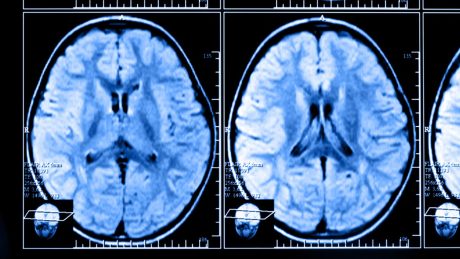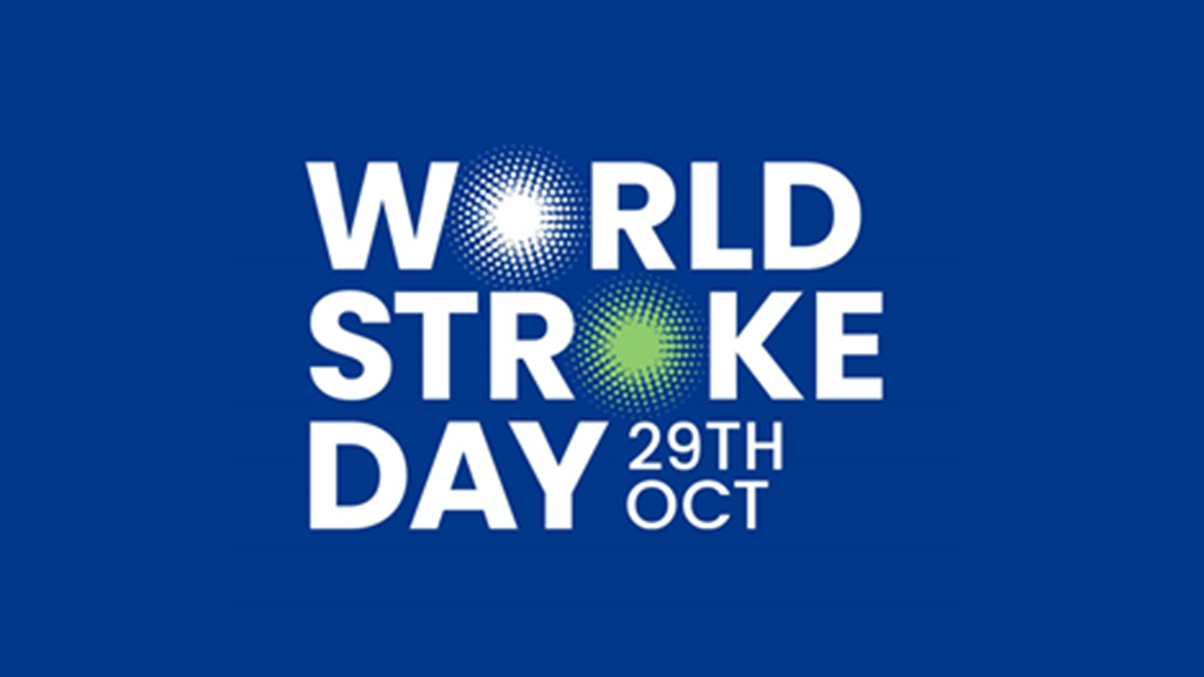Our client, JN, sustained a catastrophic stroke after doctors dismissed warning symptoms. A claim was brought against the hospital trust, leading to a financial settlement agreed in collaboration with the defendant. Nadia Krueger-Young reviews the case.
In 2017, JN awoke feeling like he was paralysed. He tried to get up but couldn’t move his left side. After a few minutes, the weakness resolved, and he got up. He went downstairs to feed his dog and sustained a further sudden onset of weakness down his left side, causing him to collapse.
He attended his local hospital, a major trauma centre, which had an on-call stroke service. He was seen in A&E, and suspicions of a transient ischemic attack were raised. A stroke doctor was called, but he didn’t see JN and dismissed his symptoms, which had again resolved within a few minutes. JN was reassured and told to return if the symptoms came back or got worse.
That evening, JN experienced further symptoms and re-attended hospital the next day. Again, he was not seen by a specialist and was referred for a non-urgent neurology assessment. The next day, JN sustained a catastrophic stroke, causing long-term/permanent left-sided paralysis and cognitive deficits.
Transient ischemic attack and stroke
A transient ischaemic attack (TIA) or “mini-stroke” is caused by a temporary disruption in the blood supply to part of the brain. This disruption results in a lack of oxygen to the brain. This can cause sudden symptoms similar to a stroke, such as speech and visual disturbance and numbness or weakness in the face, arms and legs. The effects last a few minutes to a few hours and fully resolve within 24 hours. If a TIA is suspected, you should be offered aspirin straight away to prevent a stroke from occurring and seen by a specialist within 24 hours.
The legal case
JN instructed Nadia Krueger-Young at Stewarts and Eliot Woolf QC at Outer Temple Chambers. A claim was brought against the hospital trust for failing to offer aspirin after a TIA was suspected. The defendant fully contested the case and argued that based on the symptoms as recorded in the medical records, it was not negligent for them to have not offered JN aspirin. The claimant was also put to proof that he had sustained TIAs and that the subsequent stroke could have been avoided with aspirin.
Settlement
An early joint settlement meeting was held with the defendant. Although no liability was agreed, important concessions were made by the defendant in relation to causation, and a financial settlement was reached. This was an example of a collaborative approach with the defendant, where both sides recognised considerable risk and wished to compromise without incurring further substantial legal costs.
This settlement has helped JN plan for his future and the likely move he will need to make to single-level accommodation.
Testimonial
JN commented to Nadia: “On a personal note, I just wanted to reiterate that it has been an absolute pleasure to work with you over the past four years. You have always been crystal clear in your advice and communication regarding the process and complexities of my case. Consequently, throughout the case, I have always had the utmost confidence in you and the firm to act in my best interests. Dare I say it, we’ve even had our lighter moments over the period too.”
You can find further information regarding our expertise, experience and team on our Clinical Negligence pages.
If you require assistance from our team, please contact us.
Subscribe – In order to receive our news straight to your inbox, subscribe here. Our newsletters are sent no more than once a month.






